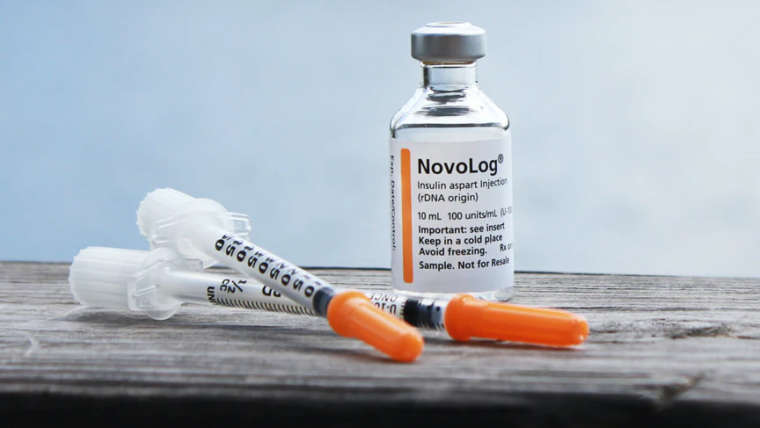Carbohydrates is a source of Energy and heat, which body use after conversion to Glucose via Glycogen which subsequently reverts back to Glucose.
Type of carbohydrate
1- Simple Carbohydrates (Monosaccharides and Disaccharides) Simple Sugars
2- Complex Carbohydrates(Polysaccharides)
Toxic Effects of Simple Sugars
– May accelerate the Aging Process by causing Cross-Linking (glycosylation) of the body’s Proteins.
– May increase the body’s production of Adrenaline.
– May increase the risk of Hypertension due to Cross-Linking.
– May damage the Blood Vessels due to Cross-Linking.
– May exacerbate Irritable Bowel Syndrome (by reducing the buffering effect of Polysaccharides).
– May cause Intestinal Permeability.
– May damage the Kidneys due to Cross-Linking.
– May feed Cancer cells and increase risk of Colon Cancer and Stomach Cancer.
– May increase the risk of Cataracts.
– May suppress the Immune System ( impair the ability of Neutrophils to function as Phagocytes).
– May feed the detrimental bacteria Candida Albicans (yeast)
– May contributes to excessive production of endogenous Cholesterol and lower the HDL Cholesterol, also Simple Sugars are converted to Triglycerides
and then stored within the body as Adipose Tissue (Fat)..
– May cause Obesity.
– May causeFatigue.
– May stimulate the production ofFree Radicals.
– may increase the risk of Diabetes Mellitus Type 2.
– May increase the risk of Pre-Menstrual Syndrome (PMS).
– May cause damage to the Skin and may increase the formation of Wrinkles due to Cross-Linking of the Collagen.
Excessive Consumption of Simple Sugars may Interfere with;
– May cause depletion of mineral Magnesium and Potassium.
– May cause depletion of Vitamins C and vitamin B6.
Dietary Simple Sugars
– Soft Drinks content of 33% (Glucose + Fructose + Sucrose).
– Fruit Drink content of 10% (Glucose + Fructose + Sucrose).
– Sweets and Candy content of 18% (Glucose + Fructose + Sucrose).
– Sweetened Grains content of 20% (Glucose + Fructose + Sucrose).
– Milk Products content of 10% (Glucose + Fructose + Sucrose).
- Insulin Resistance - March 10, 2021
- prostate – Enlarged (BPH) - November 25, 2020
- Probiotics - October 31, 2020


